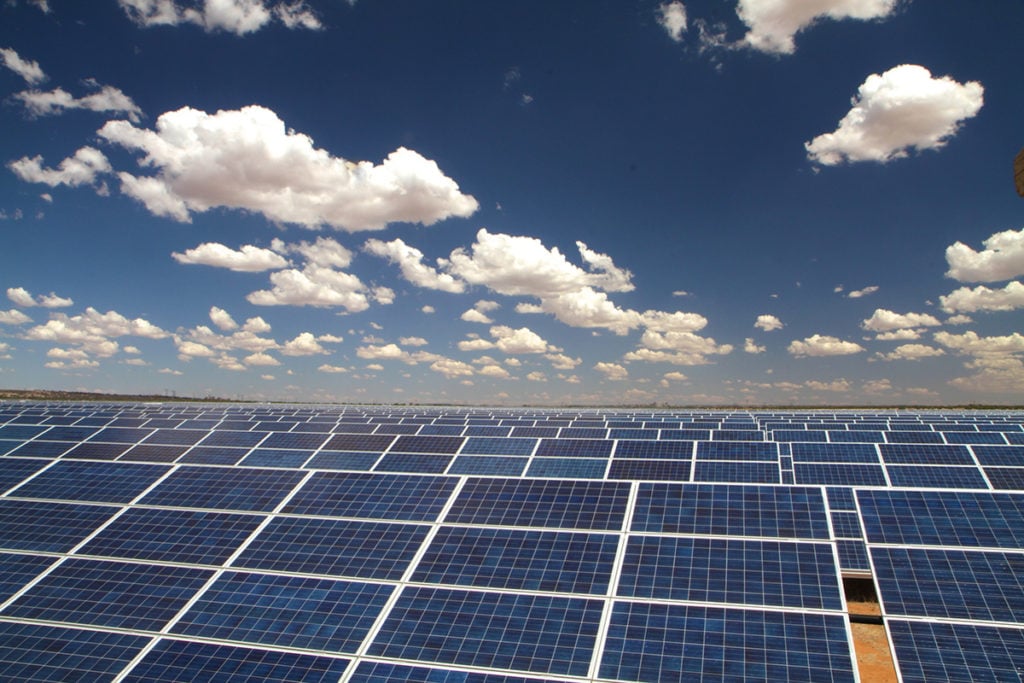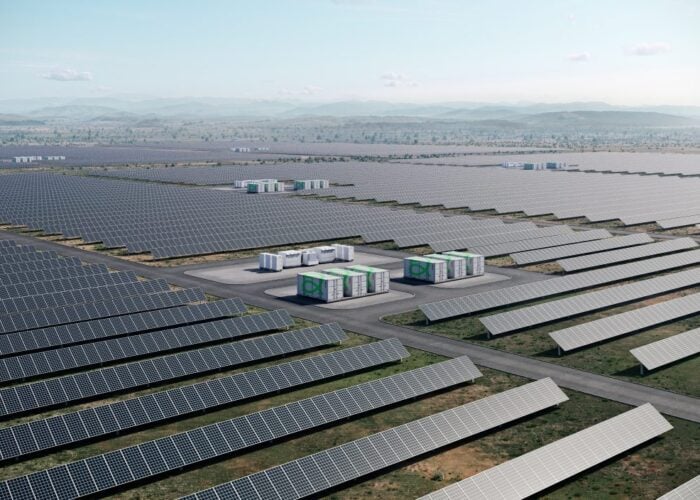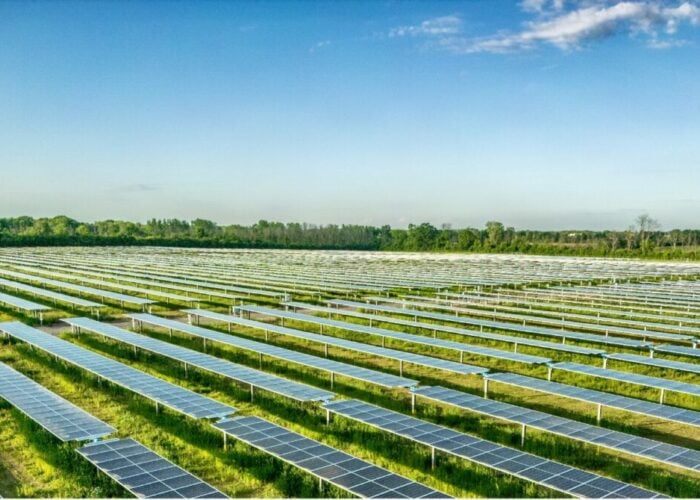
US-based renewable power company BioPower Operations has announced plans to build a 1GW solar power facility in the South African state of Mpumalanga.
The company has established a joint venture, Powgex-HYFI, with Powgex Energy South Africa, and the provincial government of Mpumalanga has invited the company to construct the project within its borders. BioPower announced that the joint venture would begin construction in the first quarter of next year, and that the cost of the project would be around US$2.5 billion, a significant undertaking.
Try Premium for just $1
- Full premium access for the first month at only $1
- Converts to an annual rate after 30 days unless cancelled
- Cancel anytime during the trial period
Premium Benefits
- Expert industry analysis and interviews
- Digital access to PV Tech Power journal
- Exclusive event discounts
Or get the full Premium subscription right away
Or continue reading this article for free
BioPower also noted that it had selected “a market leading solar PV and battery storage original equipment manufacturer” to work on the project, but did not name either company. Similarly, the company did not identify who would be responsible for managing engineering, procurement and construction or operations and maintenance of the project, aspects that will need to be considered given the potentially vast scale of the project.
While this project boasts an impressive capacity of 1GW, BioPower noted that this could merely be the first step in the construction of a mammoth 30GW renewable power plant in the state. The company announced that it would target “future expansion between 5GW to 30GW within the larger Mpumalanga region”, and while it did not specify how much of this expansion would derive from solar, as opposed to other renewable power sources, the construction of a renewable power project of this scale would be unheard of.
This is particularly significant considering South Africa’s reliance on coal for its electricity, with figures from the Energy Institute’s Statistical Review of World Energy noting that coal accounted for 920.3TWh of South Africa’s electricity consumption in 2022, compared to 51.8TWh from all renewable sources.
South Africa’s grid is not just reliant on fossil fuels, but has been plagued by inefficiencies in recent years, with 205 days of rolling blackouts in 2022, the most on record. Overhauling the country’s energy mix, both in terms of the source of electricity and access to power, will be crucial for South Africa in the long-term, and BioPower’s work follows that of several other companies which have invested in solar power in the country this year.
On a financial level, BioPower announced that it expects to sign power purchase agreements for its facilities, and receive “multiple orders” from local governments for more projects in the future. UK-based Signet Capital is working as the project’s lead financial advisor, and is working on an initial US$450 million investment for the project.






